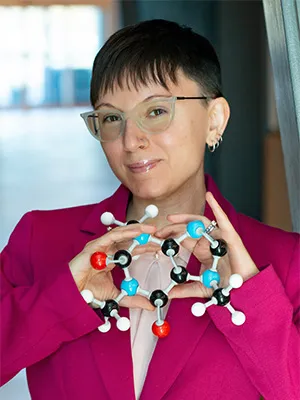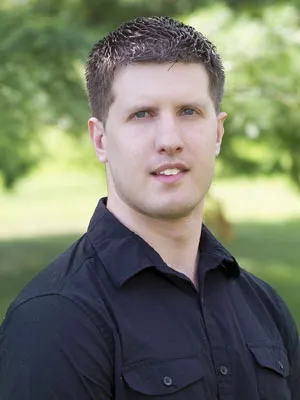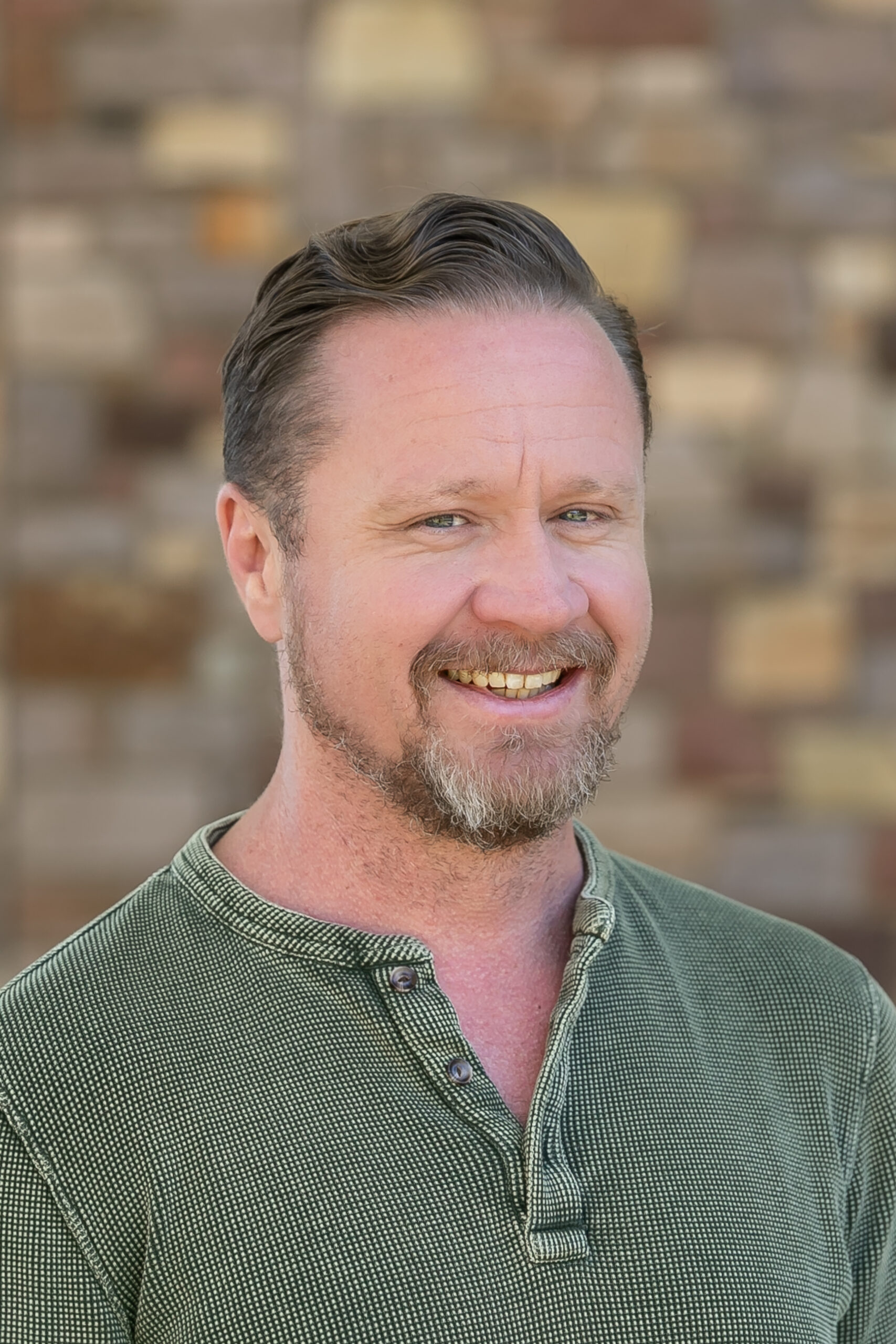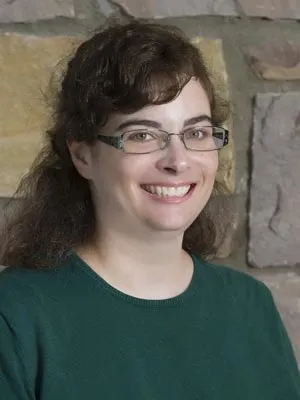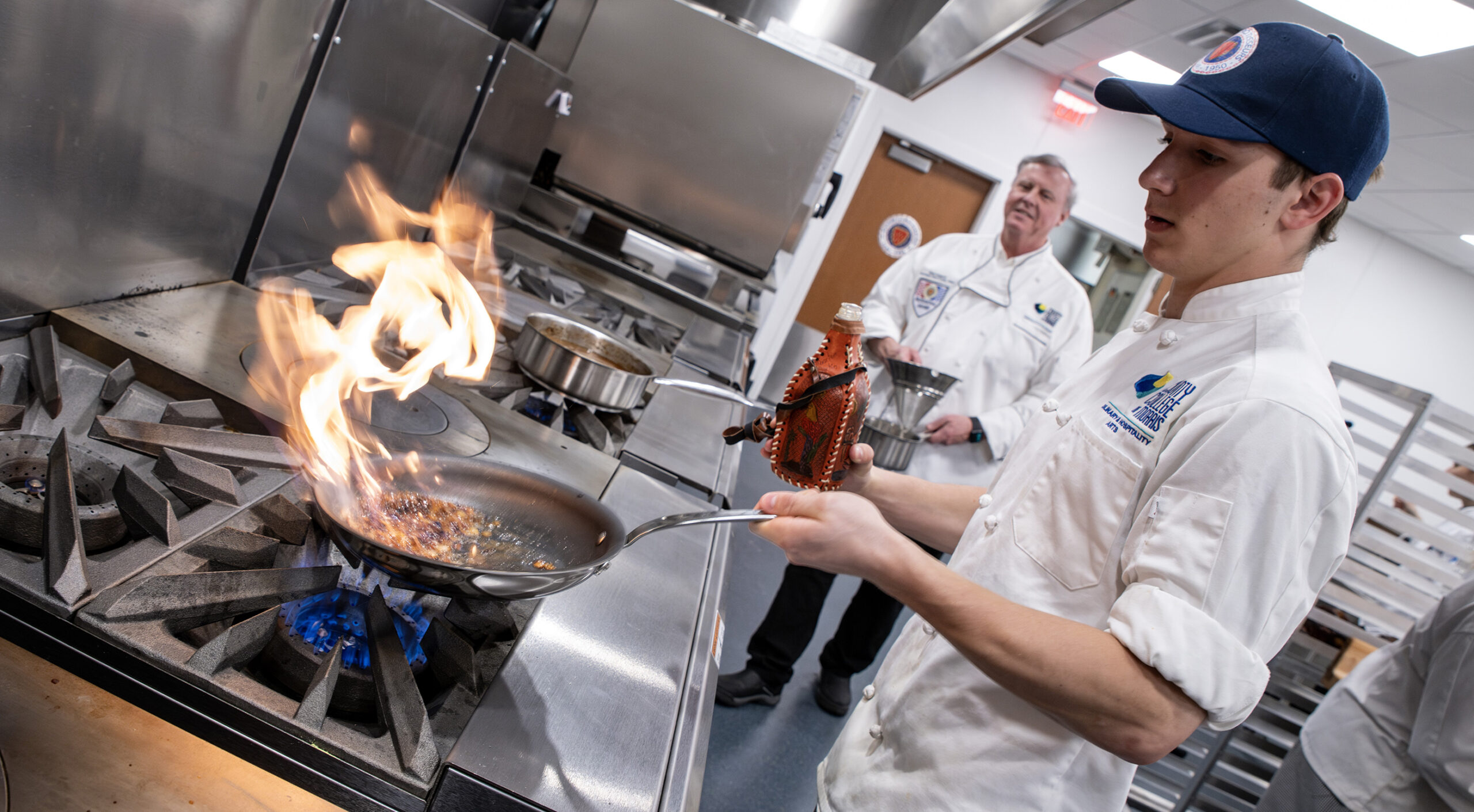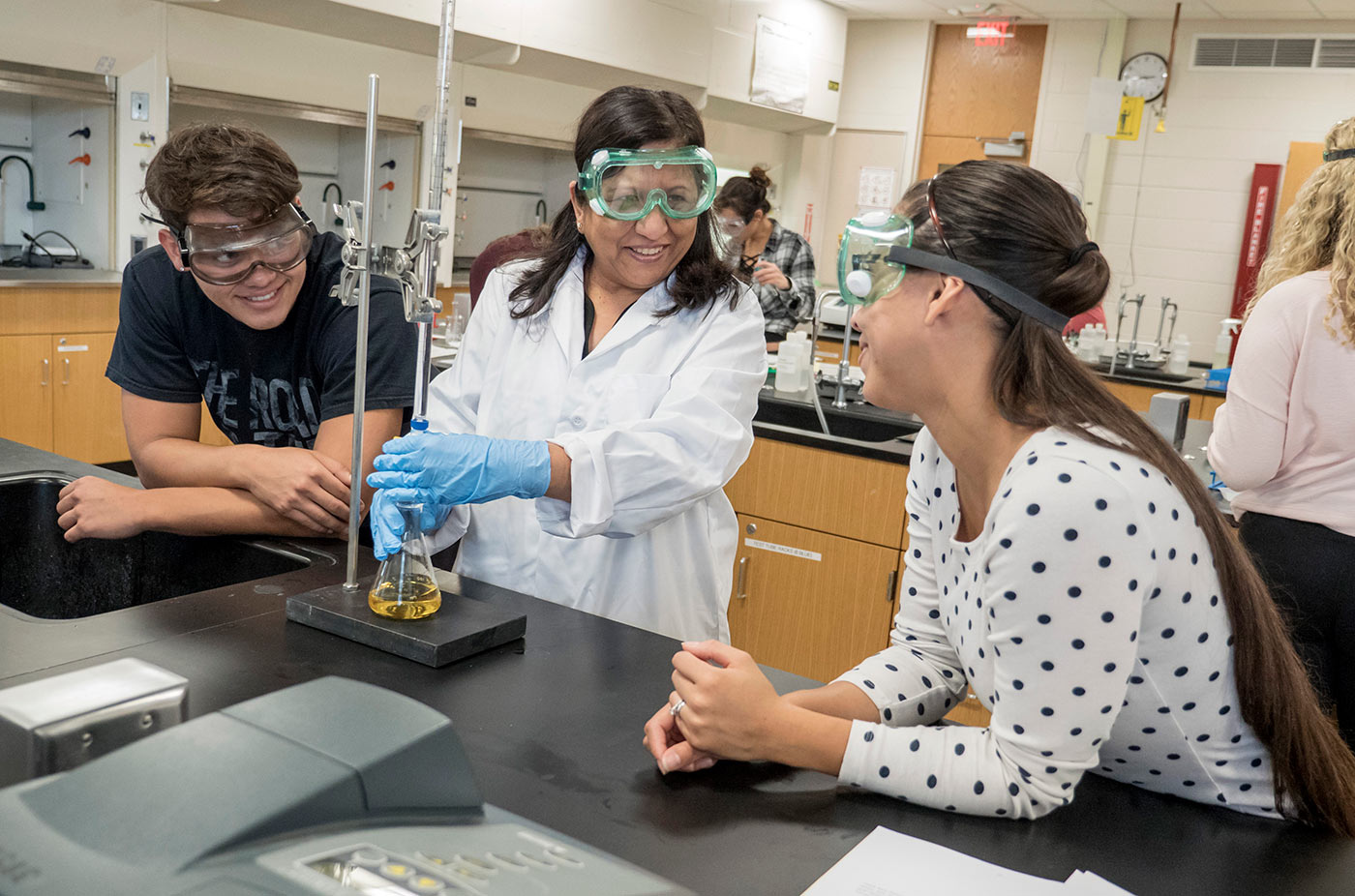What You Will Learn
The study of chemistry opens doors to satisfying careers and to a professional life in which the tendency to ask “why” can lead to rewarding endeavors.
Chemistry is a versatile subject area and the pursuit of a career in chemistry can be a most intellectually satisfying experience; no other basic science touches and shapes as many aspects of modern society as chemistry.
From soft contact lenses and synthetic blood to alternative fuel sources and biotechnology, the study of chemistry has provided the solution to complex problems and has improved the quality of all phases of human life.
The core courses required for the Associate of Science (A.S.) degree at CCM prepare the student to transfer to a four-year institution and earn a B.S. or B.A. degree; to attend health-related professional schools in medicine, dentistry, pharmacy, physical therapy and chiropractic; or to start a career in chemistry.
Chemistry Program Learning Outcomes
- Define and explain the key ideas and foundational concepts in the chemical sciences.
- Execute the proper use of chemical equipment, instrumentation, and laboratory techniques.
- Explain and apply the scientific method including designing, conducting and analyzing experiments.
- Evaluate scientific literature to effectively communicate scientific information in written or oral format.
- Identify and assess ethical issues as they pertain to the chemical sciences.
- Solve problems in the chemical sciences using critical-thinking skills and technology.
- Identify the role played by the chemical sciences as they relate to the individual and society.
Curriculum
Curriculum Checksheets list all of the courses you are required to complete in order to obtain a degree or a certificate.
The checksheets provide a suggested semester-sequence of courses and include information about elective course choices which may be required as part of a degree program. Curriculum Checksheets are revised each year as course requirements are updated.
Careers in the Field
Chemists and Biochemists provide the backbone for many industries such as manufacturing, environmental, government and health, studying substances at the atomic and molecular levels and analyzing the ways in which the substances interact with one another.
Overall employment is projected to grow 6 percent from 2020 to 2030 with about 9,100 openings for chemists and materials scientists are projected annually.
- Dentistry
- Environmental protection
- Environmental science
- Food industry
- Geology
- Medicine
- Pharmaceuticals
- Pharmacy
- Polymers
- Regulatory agencies
Why Study at CCM
The chemistry program at CCM provides students with a strong foundation in all areas of modern chemistry. This degree is also appropriate for students interested in the applications of chemistry to environmental issues.
Facilities
Our laboratory facilities include not only standard lab equipment, but the most modern instrumentation including:
- Benchtop nuclear magnetic resonance (NMR)
- Gas (GC) and liquid chromatography (HPLC)
- Atomic absorption (AA)
- UV and visible spectroscopy
- Infrared spectroscopy (FTIR)
- Electrophoresis (HPCE)
- Polymerase chain reaction (PCR)
- Fourier transform infrared spectroscopy (FTIR)
In the course of their studies, students will use laboratory instrumentation to analyze real-world samples. Class sizes are small and students receive individual attention as well as supplemental help and free tutoring, if needed.
CCM credits from the Chemistry Program are readily transferrable towards four-year Chemistry and other degrees at many state and private colleges and universities. CCM has Chemistry articulation agreements with:
- Drew University
- Rider University
- Saint Elizabeth University
- West Virginia University
- William Paterson University
Students interested in transferring to other colleges should meet with an academic advisor as well as confer with the Office of Transfer Services to learn about transfer programs.
Students who are preparing for pharmacy, medical, dental or veterinary medical schools should see an academic advisor in the Department of Biology and Chemistry to plan their choice and sequencing of courses. Students should also see an academic advisor in the Department of Biology and Chemistry to ensure the proper sequencing of required and elective courses to assure transferability.
Paying For Your Chemistry Education
There’s good news: Money is available to help you pay for school! Our Financial Aid staff can provide lots of information about the process of finding funds to help pay for your education.
Your Chemistry Faculty Advisor
Professor
Associate Professor
Associate Professor
Associate Professor
Associate Professor

